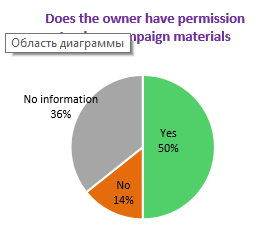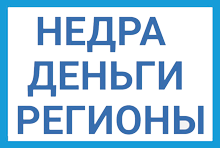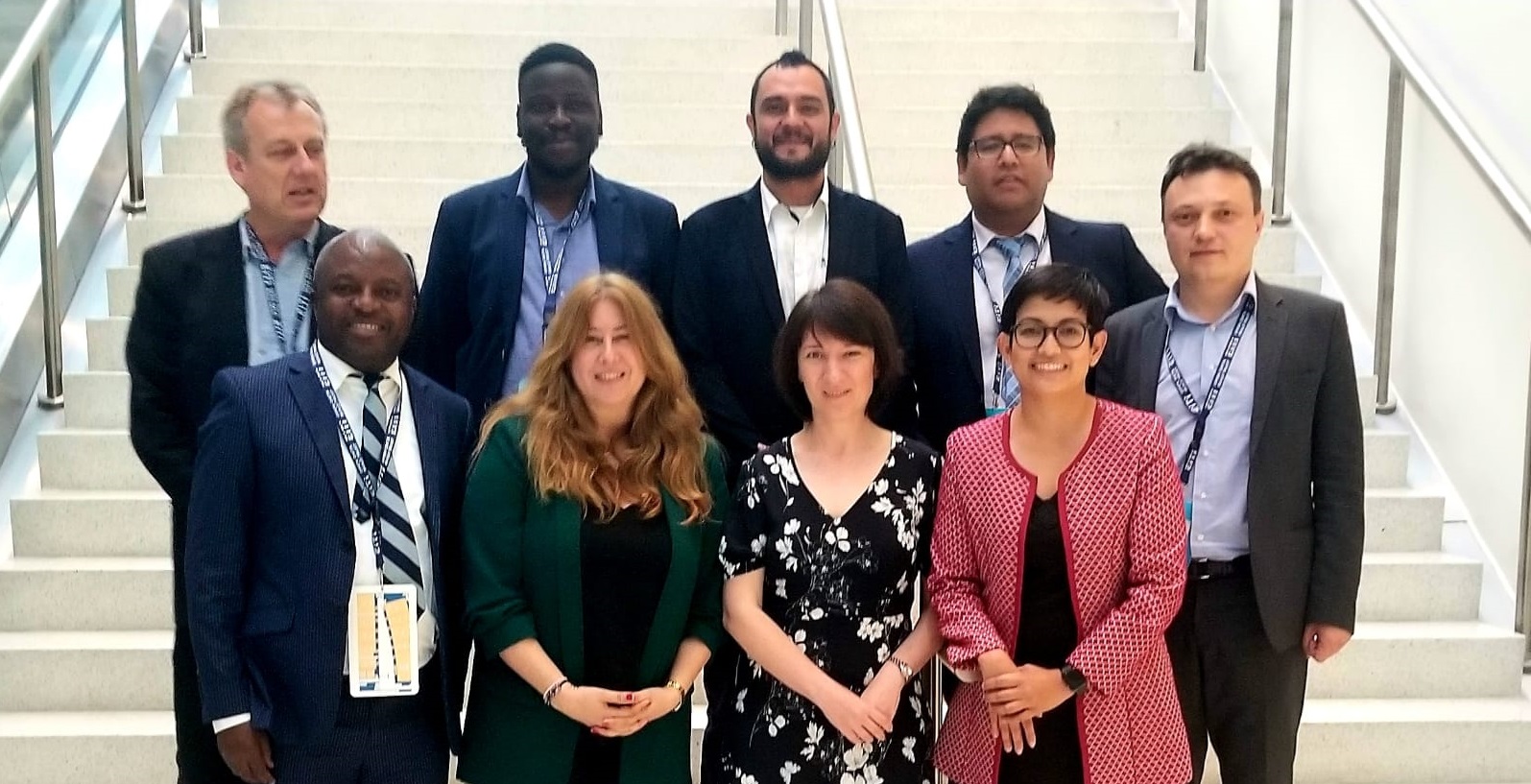
Statement from the Civil Society Representatives on the EITI International Board: Complaint from Publish What You Pay-US
- Also available: ru-RU Русский
As civil society representatives on the international board of the Extractive Industries Transparency Initiative (EITI), we are deeply disappointed that consensus was not reached at our 30 June Board meeting on terminating the membership of an EITI alternate Board member, who represents Exxon on the Board and who was the subject of a complaint submitted in February by Publish What You Pay - United States (PWYP-US). EITI is a multi-stakeholder platform where governments, companies, and civil society all have a voice.
Gender Budget for Local Communities
With the support of the Civil Society Support Program in Central Asia, we launched the project "Gender Budget for Local Communities"
Purpose
Promoting the practical implementation of gender budgeting mechanisms initiated from below to systematically address the problems of local women's communities.
Activities are carried out in Kazakhstan and Uzbekistan and consist of two stages: training and implementation of gender initiatives at the local level.
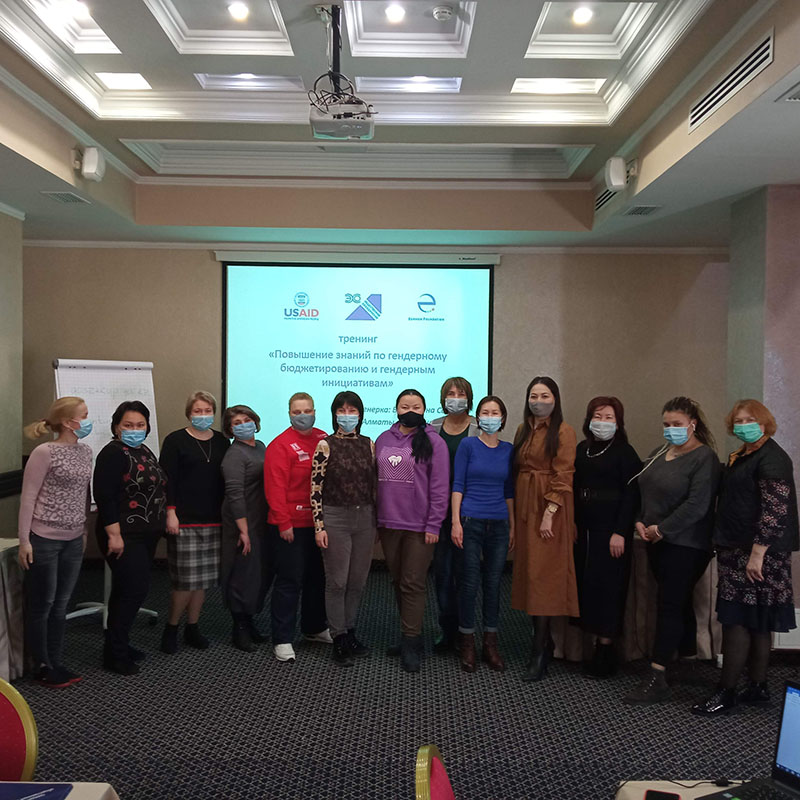
Sustainable entrepreneurship
Echo in partnership with Fora Copenhagen, Sj Vietnam, Rural Center for Human Interests India and InterCollege ApS, is launching a Global Pathway program supported by the European Union's Erasmus +.
Statement of independent civil society organizations and human rights organizations of Kazakhstan
- Also available: ru-RU Русский
Round table in the framework of the project "Improving the knowledge of the female community on gender budgeting in the western regions of Kazakhstan"
Round tables were held in Atyrau on February 25 and in Aktobe on February 27 within the framework of the project “Improving the knowledge of the female community on gender budgeting in the western regions of Kazakhstan” with the assistance of the Canada Fund for Local Initiatives. (The organizers were partners of the Echo NGO Galina Chernova (Center for the Environmental and Legal Initiative Globus Atyrau), Gulzhan Tulemisova (Public Association Shamshyrak Aktobe)
Representatives of civil organizations voiced the problems of local women, which must be solved with the help of state bodies and to attract extractive companies. The most pressing issue is the lack of kindergartens, secondary schools equipped with toilets, access to water, assistance to single mothers and large families, the need to conduct training courses for women. Civil activists expressed the view that there has long been a need to draw up a local budget with a gender perspective, namely to take into account the needs of women. Participants developed recommendations for akimats and extractive companies.
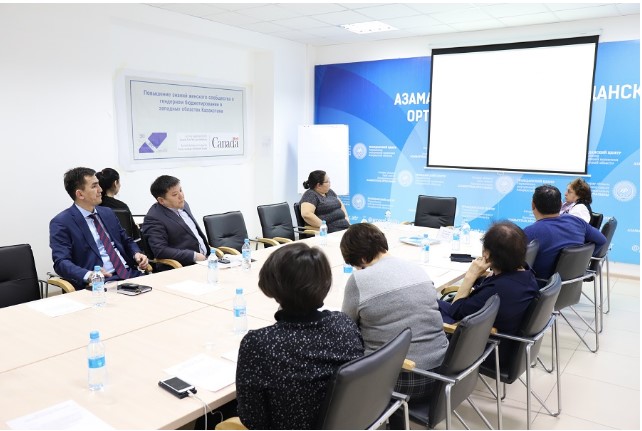
Improving Women's Knowledge on Gender Budgeting in the Western Regions of Kazakhstan
On January 13-14 in Atyrau and January 16-17 in Aktobe, the NGO Echo held training and group consultations as part of the project “Improving Women's Knowledge on Gender Budgeting in the Western Regions of Kazakhstan” with the assistance of the Canada Fund for Local Initiatives.
The training included the following topics:
- Budget and gender-oriented budget
- Transparency of extractive industries
- Social and infrastructure projects of subsoil users.
- Gender approach in the EITI. The impact of extractive companies on women.
- Examples of gender approaches in negotiations between extractive companies and the local community.
- Identification of gender issues of local communities.
- Ways of public participation in the formation of the gender budget. Budget cycle.
- Gender Initiatives
- Sources of information.
- Gender statistics
It should be noted that most participants have never heard of gender budgeting, the Extractive Industries Transparency Initiative, and the ability to use the budget and the EITI as a tool to improve the lives of local women and the local community as a whole. Participants received information on gender budgeting and gender initiatives, on the implementation of a gender approach in the implementation of the EITI.
The second day of the training was devoted to discussing the problems of women specific to the region and developing a strategy for solving problems. Most of those present at the training are concerned about the problem of finding jobs for women with many children and single mothers, the lack of training courses for women, and the provision of clean water. It was discussed how to draw the attention of the state, which allocates funds for the development of small business, to the problems of these target groups, and what mining companies can do to solve this problem. Everyone agreed that it is necessary to attract NGOs, civic activists, government bodies and mining companies for multilateral discussion and joint development of recommendations on changes in the budget and the use of social and infrastructure investments to improve the lives of local women.
Among the participants were not only women, but also men who supported the idea of gender equality, representatives of various public organizations, representatives of the akimat, and youth. The presence of representatives of different age groups allowed a broader look at existing problems and develop different solutions. Many participants first learned about the Extractive Industries Transparency Initiative and how to use it in the interests of the local population. This was very important information for them, since the EITI is a real tool for involving civil society, and, in addition, the EITI is starting to introduce a gender approach in the implementation of the initiative.
